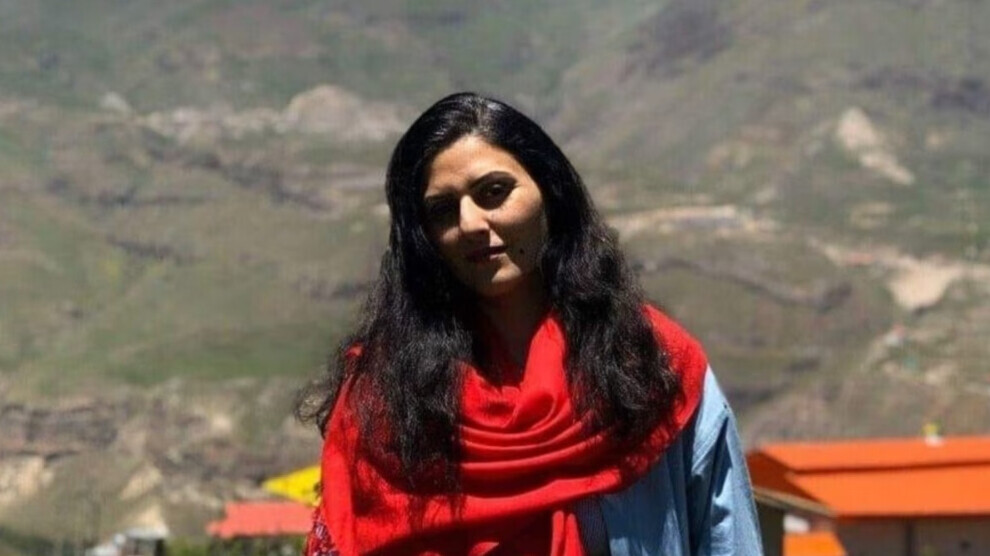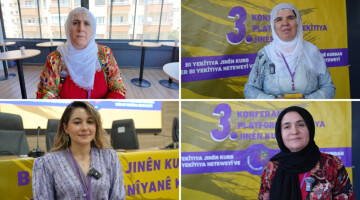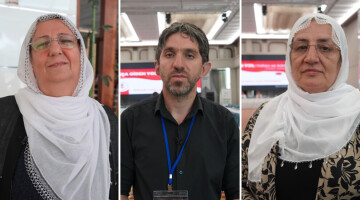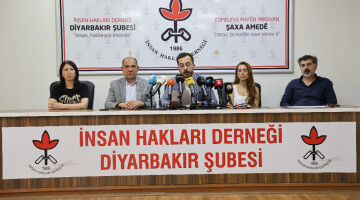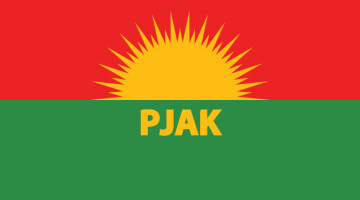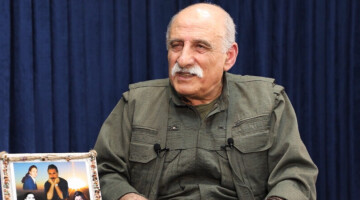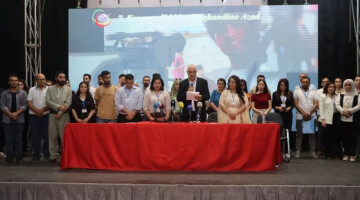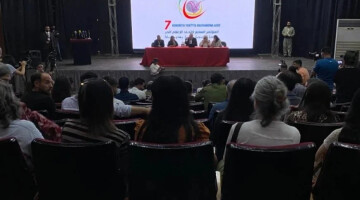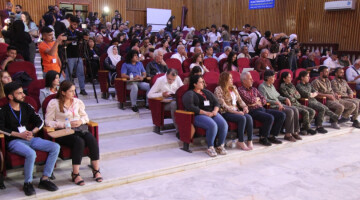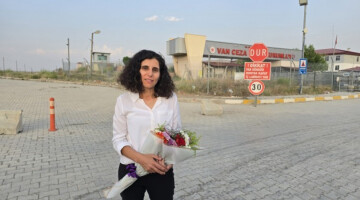Journalist, writer and human rights activist Golrokh Ebrahimi Iraee has been sentenced to five years in prison in Iran. A court in Tehran imposed the prison sentence after the appeal trial, a supporter of Iraee said on Twitter. Iraee was arrested in September 2022, shortly after the start of the "Jin, Jiyan, Azadî" revolution sparked by the death of Jina Mahsa Amini in police custody.
Iraee was initially sentenced to seven years in prison in April for participating in illegal gatherings and violating national security. According to people close to her, she refused to attend the appeal hearing because she did not recognize the legitimacy of the court. Iraee has been in Evin prison in Tehran since her arrest. The prison is notorious for human rights abuses and ill-treatment of political prisoners.
Golrokh Ebrahimi Iraee is known for her campaigns against stoning and prison conditions in Iran. She has been in prison several times, the first time in 2014, and was tortured. She was taken into custody for allegedly "insulting Islam" in connection with an unpublished short story about Soraya Manoutchehri, who was stoned to death in Iran in 1986. She was ill-treated and forced to listen to her husband, who was also incarcerated at the time, being beaten, kicked and choked in a neighbouring cell.
Iraee has been on several hunger strikes against violations of rights while in prison and has also been illegally transferred, sometimes by force, to Evin, Amol and Qarchak prisons on several occasions. During one of her detention periods, she met Zeynab Jalalian. The Kurd is the only female prisoner in Iran who has been sentenced to life imprisonment. In the spring of 2020, she was considered missing for a while. Only through a letter from Iraee did it become known that Jalalian had become the victim of a violent odyssey of transfers through prisons in Ûrmiye (Urmia), Kirmaşan (Kermanshah) and Tehran after her disappearance.
Iraee's partner is prominent human rights activist and student activist Arash Sadeghi, who was also arrested during the "Jin, Jiyan, Azadî" uprising. He has since been released. However, many other activists remain in prison, including journalists Elaheh Mohammadi and Nilufar Hamedi, whose reports helped to uncover the case of Jina Mahsa Amini. The 22-year-old Kurdish woman was killed while she was in the custody of the moral police last September after she was arrested in Tehran for allegedly violating Islamist dress codes.
Amini's death sparked the nationwide "Jin, Jiyan, Azadî" revolution that continues to this day. According to the Norway-based NGO Iran Human Rights, at least 537 people have been killed by Iranian regime forces in connection with the uprising, including dozens of minors. Well over 24,000 people were arrested and at least seven demonstrators were executed. More death sentences are likely to be carried out soon.

